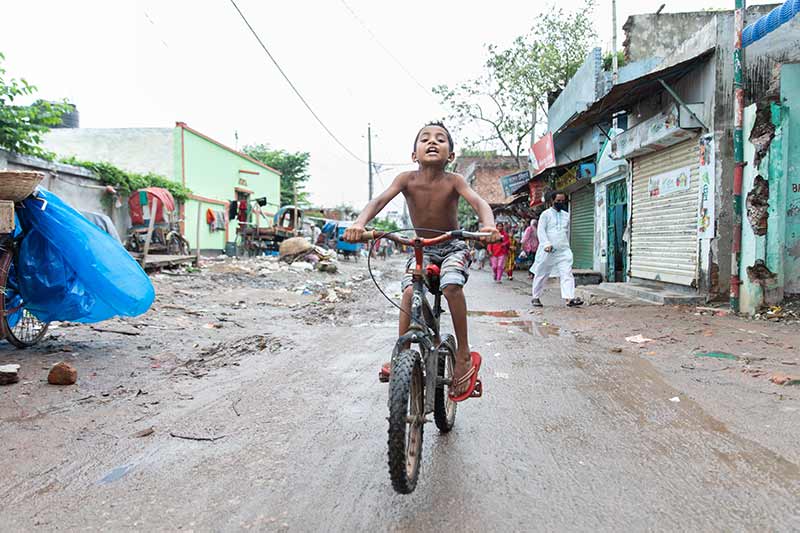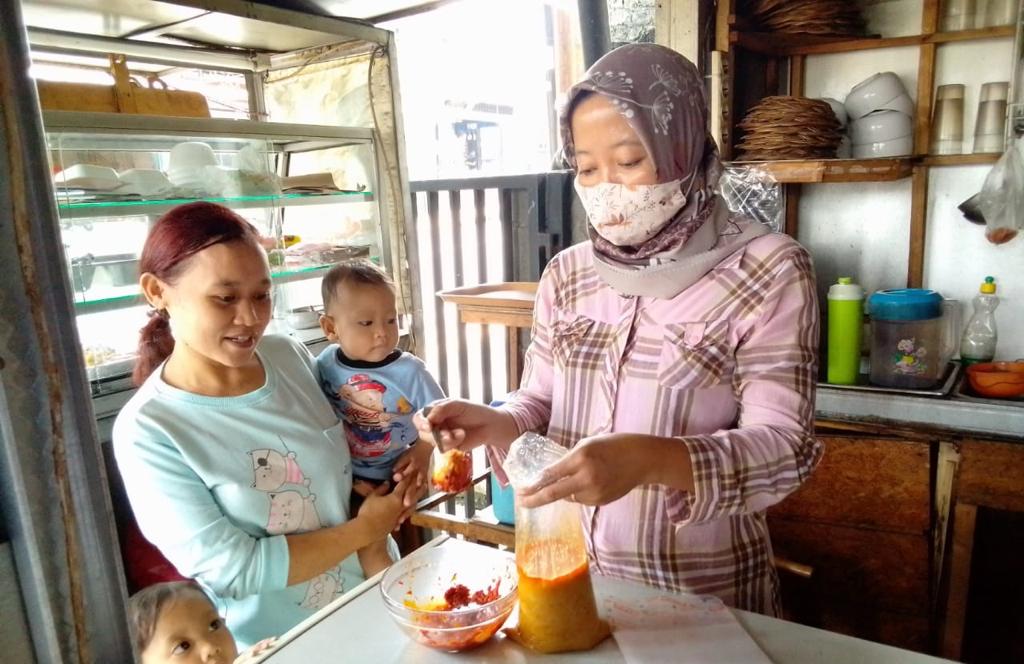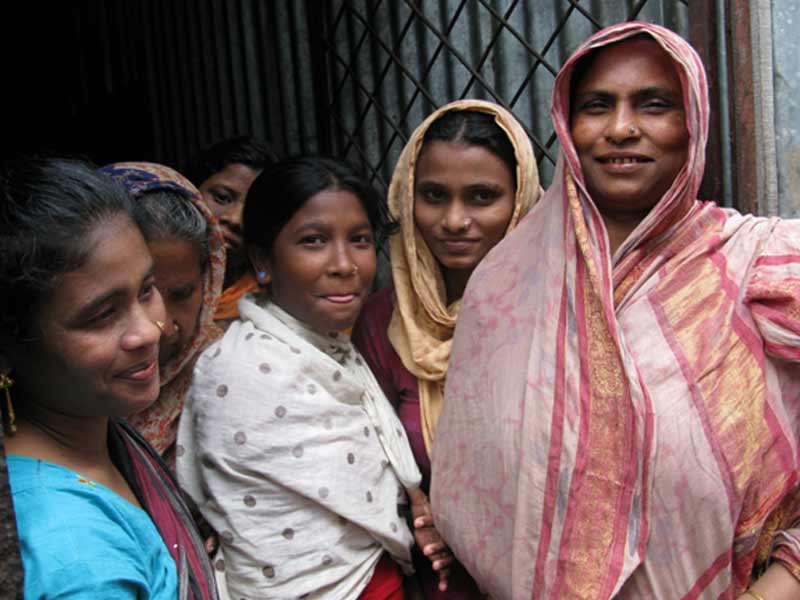
While Bangladesh has made notable progress in addressing maternal nutrition over the past decade, nearly cutting the number of undernourished women in half, this did not stop the 2022 Global Nutrition Report from laying out a dire warning for the country:
“Bangladesh is ‘off course’ to meet all targets for maternal, infant and young child nutrition.”
Perhaps the warning is not unwarranted. One in five women in Bangladesh are still undernourished, while nearly a quarter now suffer from obesity. Further, more than a third of children under five are malnourished.
The question is, if Bangladesh is ‘off course,’ then how can it get back on course?
Why are efforts to address maternal malnutrition not more effective?
That Bangladesh is ‘off course’ in addressing maternal nutrition is not a problem of one weak link in the chain, but rather a series of weaknesses throughout the process.
First, the data which backs the creation, implementation, and monitoring of initiatives is often inadequate, leading to policies and programs which are fragmented and inefficient. Collaboration between official bodies is also often lacking, as is communication with affected stakeholders, leading to more fragmentation and inefficiency. Further, knowledge related to initiatives is often lacking in local communities, leading to lowered adherence to various programs.
A new approach to maternal nutrition in Bangladesh
The key to the future of maternal nutrition in Bangladesh is the adoption of an integrated, multisectoral approach to the issue. This approach should include:
- Collaborative knowledge building: Studies have shown that even when maternal nutrition initiatives reach pregnant women, they are often not utilized due to a lack of knowledge on the part of both women and their communities. The way to ensure that initiatives are adopted in communities is by building the knowledge of both women and their healthcare providers, as well as family members, community leaders, and local officials. UNICEF recommends counselling local women when maternal nutrition initiatives are enacted, while others prefer the more comprehensive Social Behavior Change Communication approach to build collaborative solutions.
- Local Resilience: Consider, more women in Bangladesh now suffer from obesity than undernourishment. What this means is that maternal malnutrition is becoming as much about low-quality food as not enough of it. For this reason, initiatives should include efforts to increase diverse local food production and build resilience in local food systems to ensure access to high-quality diets.
- Gender Equality: Gender equality and maternal nutrition are “mutually reinforcing.” Promoting one promotes the other. Initiatives which provide education and training for women are inherently maternal nutrition initiatives.
- Better Data: Initiatives backed by inadequate or inaccurate data are doomed from the start. Digital innovationshould be exploited to create and utilize better data on initiatives, and inform better decisions.
It is clear that despite how far the country has come, there is still much work to do on maternal nutrition in Bangladesh. By focusing on an integrated, multisectoral approach to the issue, initiatives can be made more effective, and maternal malnutrition can be solved in the country once and for all.



